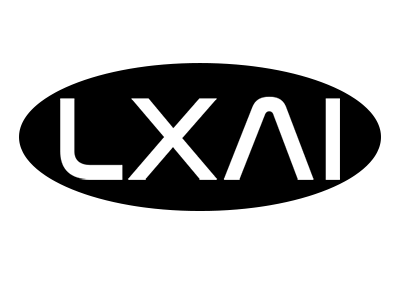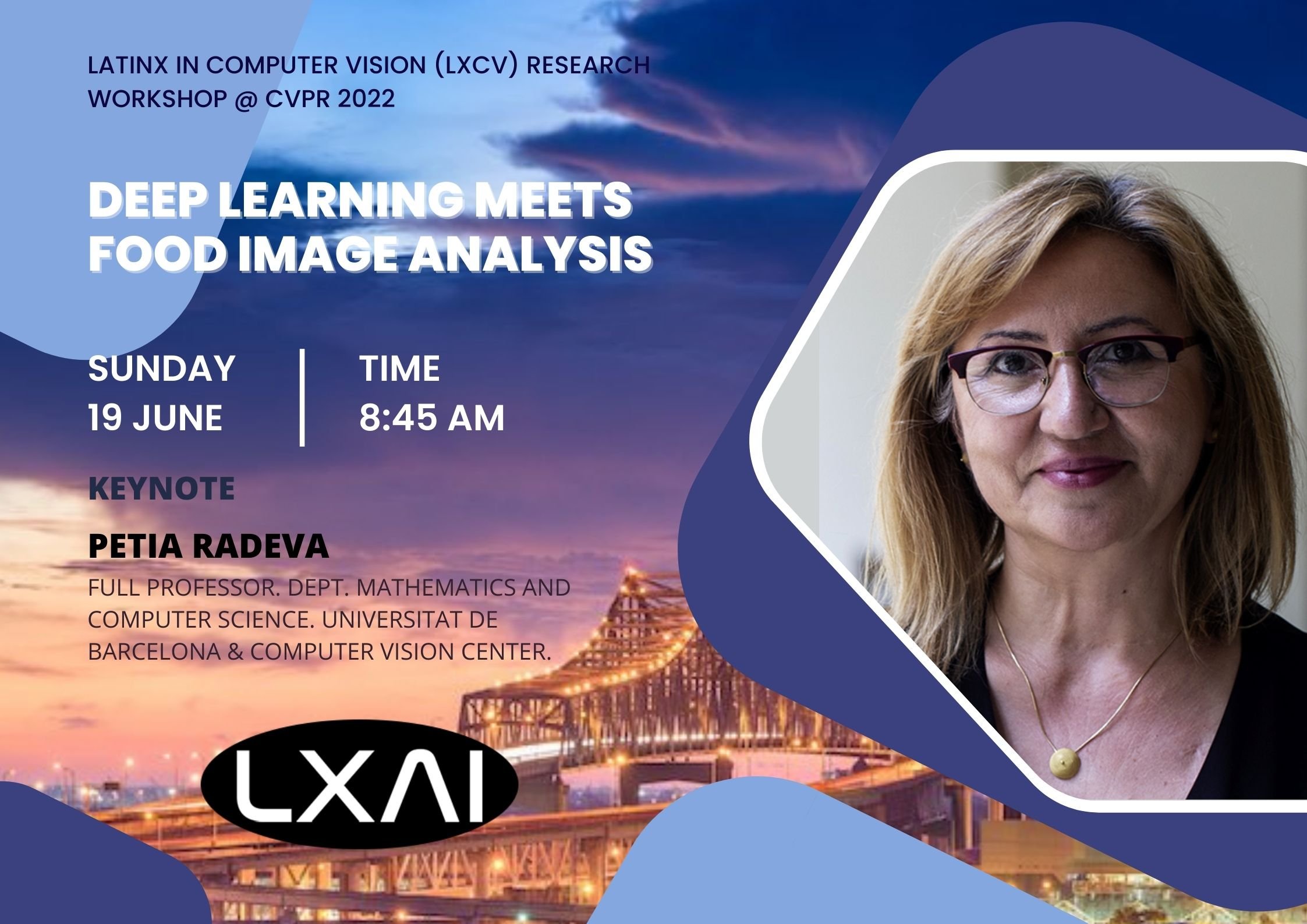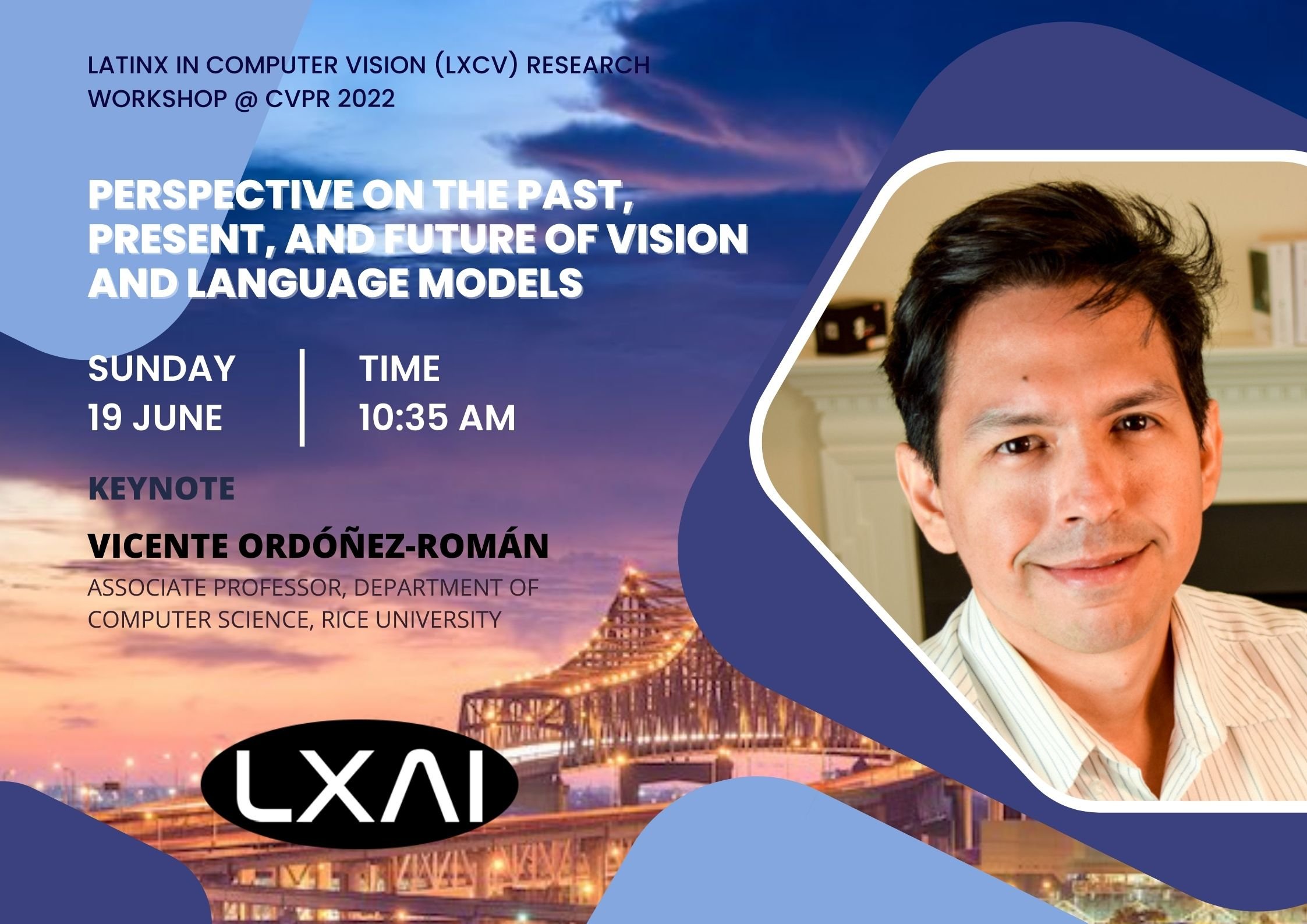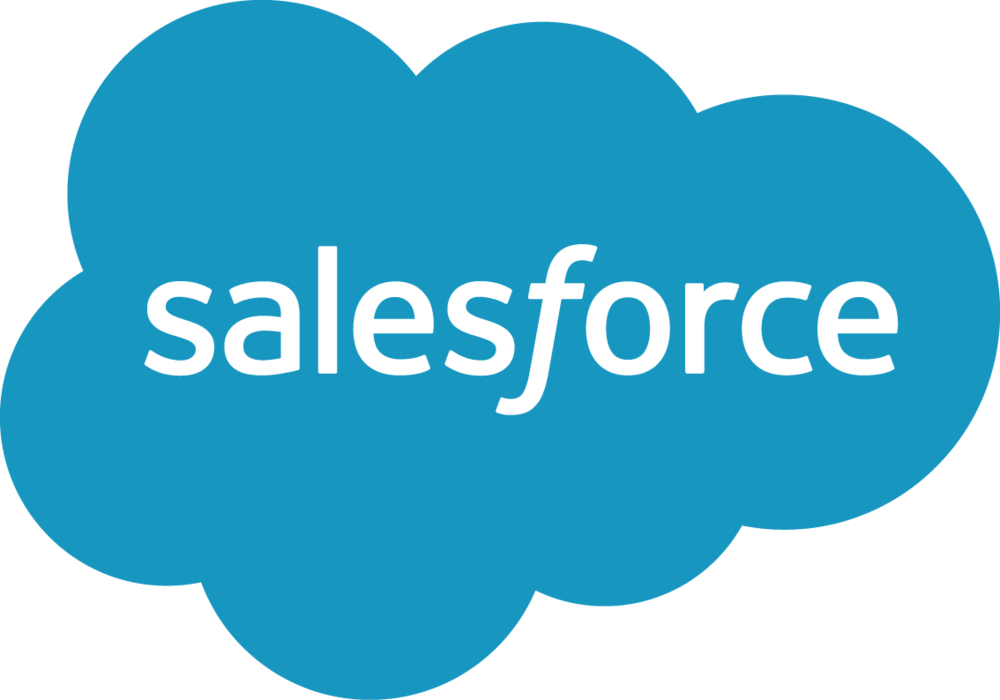LatinX in CV (LXCV) Research at CVPR 2022
This is an official workshop of the LatinX in AI (LXAI) organization, known as LatinX in Computer Vision (LXCV) at CVPR, which will be hosted on Mon, Jun 19, 2022 – Thu, Jun 24, 2022 in New Orleans, Louisiana USA
How to Attend CVPR 2022
REGISTRATION
KEYNOTE SPEAKERS
Dra. Petia Radeva is a Full professor at the Universitat de Barcelona (UB), Head of the Consolidated Research Group “Computer Vision and Machine Learning” at the University of Barcelona (CVMLUB) at UB (www.ub.edu/cvmlub), and Senior researcher in Computer Vision Center (www.cvc.uab.es). She is an Associate Editor of Pattern Recognition Journal and the International Journal of Visual Communication and Image Representation. She is a Research Manager of the State Agency of Research (Agencia Estatal de Investigación, AEI) of the Ministry of Science and Innovation of Spain. Petia Radeva belongs to the top 2% of the World ranking of scientists with the major impact in the field of TIC according to the citations indicators of the popular ranking of Stanford. Moreover, she was awarded IAPR Fellow in 2015, ICREA Academia assigned to the 30 best scientists in Catalonia for her scientific merits in 2014, and received several international awards (“Aurora Pons Porrata” of CIARP, Prize “Antonio Caparrós” for the best technology transfer of UB, etc).
Vicente Ordóñez-Román is an Associate Professor in the Department of Computer Science at Rice University and an Amazon Visiting Academic at Amazon Alexa AI. His research interests lie at the intersection of computer vision, natural language processing, and machine learning. His focus is on building efficient visual recognition models that can perform tasks that leverage both images and text. He is a recipient of a Best Paper Award at the conference on Empirical Methods in Natural Language Processing (EMNLP) 2017 and the Best Paper Award -- Marr Prize -- at the International Conference on Computer Vision (ICCV) 2013. He has also received an NSF CAREER Award and research awards from IBM, Google, and Facebook.
Jose Martinez-Carranza is a Full-Time Principal Researcher B (equivalent to Associate Professor) in the Computer Science Department at the Instituto Nacional de Astrofisica Optica y Electronica (INAOE). In 2015, he was awarded the highly prestigious Newton Advanced Fellowship. Currently, he holds an Honorary Senior Research Fellowship in the Computer Science Department at the University of Bristol in the UK. He leads a research team that has won international competitions such as 1st Place in the IEEE IROS 2017 Autonomous Drone Racing competition and 1st Place in the Regional Prize of the OpenCV AI Competition 2021. In 2021, he served as General Chair of the International Micro Air Vehicle conference, the IMAV 2021. His research focuses on vision-based methods for robotics, such as visual SLAM, visual odometry, camera pose estimation, among others, with applications in autonomous and intelligent drones.
TUTORIAL SPEAKER
Dr. Xinchen Yan has been a Senior Research Scientist at Waymo Research since March 2021. At Waymo, Xinchen has been conducting research in the intersection of machine learning, simulation, and perception, in collaboration with Alphabet researchers. Previously, Xinchen was a senior AI research scientist at Uber Advanced Technologies Group (ATG) from 2019 to 2021. His past work include 3D content synthesis, image and video editing, adversarial robustness, and agent behavior prediction in the autonomous driving domain, in close collaboration with Chief Science Professor Raquel Urtasun. Before joining Uber, he obtained his PhD degree at University of Michigan in July 2019. During his PhD study, he has been primarily working on deep representation learning and generative modeling with structured and multi-modal data, advised by Professor Honglak Lee.
Besides, he has a broad range of interests in developing deep generative models for vision, graphics, and robotics applications. He has served as a reviewer for top-tier conferences such as NeurIPS, ICML, ICLR, CVPR, ICCV, ECCV, SIGGRAPH, ICRA, CoRL and international journals such as PAMI and TIP. He has also spent his time working at Adobe Research, Google Brain Team, Google X Robotics Team, and Rapid-Rich Object Search Lab (Singapore). He is the recipient of Adobe Research Fellowship and Google Ph.D. Fellowship in Year 2018. He received his B.S. degree in Computer Science (ACM Honored Class) from Shanghai Jiao Tong University (SJTU) in June 2014.
ACCEPTED PAPERS
Full Papers
| Title | Presenting Author | Affiliation | Presentation Type | |
|---|---|---|---|---|
| Guided Deep Metric Learning | Jorge E Gonzalez Zapata | CINVESTAV | Oral | |
| Generative Flows as a General Purpose Solution for Inverse Problems | José A. Chávez | Universidad Católica San Pablo | Oral | |
| Self-supervised Learning for Sonar Image Classification | Alan Preciado Grijalva | Hochschule Bonn-Rhein-Sieg | Oral | |
| A Deeper Look into Aleatoric and Epistemic Uncertainty Disentanglement | Daniel Alcides Saromo Mori | PUCP | Oral | |
| Unpaired Faces to Cartoons: Improving XGAN | Alejandro B Jimenez Panta | Pontifical Catholic University of Peru | Oral |
Extended Abstracts
| Title | Presenting Author | Affiliation | Presentation Type |
|---|---|---|---|
| On the generalization capabilities of FSL methods through domain adaptation: a case study in endoscopic kidney stone image classification | Francisco Lopez-Tiro | Tecnológico de Monterrey | Poster |
| Real-world multiclass land cover analysis and classification using a novel lightweight convnet | Eduardo Ulises Moya | Gobierno de Jalisco | Poster |
| Retinal vessel Deep Learning segmentation comparison | Daniela Herrera Montes de Oca | ITESM | Poster |
| Compressive Single-Photon 3D Cameras | Felipe Gutierrez-Barragan | University of Wisconsin-Madison | Poster |
| Pattern Based Multivariable Regression using Deep Learning (PBMR-DP) | Jiztom Kavalakkatt Francis | Iowa State University | Poster |
| Hair removal in dermoscopic images using deep multitask learning | Lidia Talavera-Martínez | University of the Balearic Islands | Poster |
| DI-PixCar: Single Snapshot Compressive Spectral Depth Imaging via pixeled carrier | Kevin Arias | Universidad Industrial de Santander | Poster |
| Hierarchical Compressed Subspace Clustering of Infrared Single-pixel Measurements | Carlos Hinojosa | Universidad Industrial de Santander | Poster |
| Towards fast ego-motion estimation using a two-stream network | Jose Arturo Cocoma-Ortega | INAOE | Poster |
| Comparing fusion strategies for kidney stone composition identification | Elias A Villalvazo | Tecnológico de Monterrey | Poster |
| TNT: Text-Conditioned Network with Transductive Inference for Few-Shot Video Classification | Andrés Villa | Pontificia Universidad Católica de Chile | Poster |
| Interpretable deep learning classifier by detection of prototypical parts on kidney stones images | Daniel Flores Araiza | ITESM | Poster |
| Improving Pavement and Concrete Crack Detection Through Synthetic Data Generation | Rodrigo Rill-García | Université Gustave Eiffel | Poster |
| Improving anatomical plausibility in medical image segmentation via hybrid graph neural networks: applications to chest x-ray analysis | Nicolás Gaggion | CONICET | Poster |
| DRNet-Q: A lightweight ConvNet for image quality classification for diabetic retinopathy screening | German Pinedo | CINVESTAV UNIDAD GUADALAJARA | Poster |
| Artificial Intelligent System for Shoe Last Personalization | Ricardo C. Villarreal-Calva | Instituto Politécnico Nacional | Poster |
| SimVQA: Exploring Simulated Environments for Visual Question Answering | Paola Cascante-Bonilla | Rice University | Poster |
| MAD: A Scalable Dataset for Language Grounding in Videos from Movie Audio Descriptions | Mattia Soldan | KAUST | Poster |
| Combating Adversaries with Anti-Adversaries | Juan C Perez | KAUST | Poster |
| Real-Time Mexican Sign Language Interpretation Using CNN and HMM | Jairo Enrique Ramírez Sánchez | Tecnológico de Monterrey | Poster |
| Exploring the use of line segments as an intermediate representation for depth estimation from a single image in indoor environments | Jose G Nava Zavala | INAOE | Poster |
-
The workshop is a one-day event with invited speakers, oral presentations, and posters. The event brings together faculty, graduate students, research scientists, and engineers for an opportunity to connect and exchange ideas. There will be a panel discussion and a mentoring session to discuss current research trends and career choices in computer vision.
While all presenters will identify primarily as LatinX, all are invited to attend. LatinX in AI encourage application for financial support to attend It must be noted that the Latinx in AI organization can provide financial support for attending the conference, either in the form of registration fees or other travel expense, if you have any questions feel free to contact us lxcv22-chairs@latinxinai.org
-
We strongly encourage students, post-docs and researchers who primarily identify as LatinX , working anywhere in the world in all areas of Computer Vision to submit work describing new ideas, work-in-progress as well as previously or concurrently published research.
We welcome submissions in theoretical and methodological contributions, but also applications. While the presenting author need not be the first author of the work, we encourage authors to highlight the contribution of Latinx individuals — particularly the presenting author — in the abstract. While the event focuses primarily on researchers who identify as Latinx, everyone is invited to attend.
Topics of interest include all aspects of computer vision and pattern recognition including, but not limited to:
2D object recognition
3D computer vision
3D object recognition
Action and behavior recognition
Adversarial learning, adversarial attack and defense methods
Biometrics, face, gesture, body pose
Computational photography
Datasets and evaluation
Efficient training and inference methods for networks
Explainable AI, fairness, accountability, privacy, transparency and ethics in vision
Image and video retrieval
Image and video synthesis
Image classification
Low-level and physics-based vision
Machine learning architectures and formulations
Medical, biological and cell microscopy
Motion and tracking
Optimization and learning methods
Pose estimation
Representation learning, deep learning
Scene analysis and understanding
Transfer, low-shot, semi- and un- supervised learning
Video analysis and understanding
Vision + language, vision + other modalities
Vision applications and systems, vision for robotics and autonomous vehicles
We accept two kinds of submissions:
Full-papers: 4 to 8 pages excluding references. We allow supplementary material in another file. Accepted papers of this kind will be part of the official CVPR workshop proceedings and presented in the workshop. Note that these papers are expected to present novel research.
Extended abstracts: Up to 3 pages excluding references. They can present work in progress, exploratory/preliminary research or already published work, or any relevant computer vision applications for Latinamerica. Accepted papers in this track will not be archived in the CVPR workshop proceedings and can be published in another venue in the future.
Submissions will be double-blind peer-reviewed and should be submitted as a single PDF file. The submissions should strictly follow the guidelines provided by the CVPR 2022 Author Kit to avoid the risk of being rejected without consideration of their merits. Submissions must state the research problem, motivation, and technical contribution. All submissions must be self-contained and include all figures, tables, and references. Authors of all accepted papers/abstracts will be asked to present their work in a poster session. A few authors will be selected to give 10–15 minute oral presentations.
The submission deadlines for the full papers and extended abstracts as well as other important dates are given below. Please note that no extensions will be offered for submissions.
SUBMISSION SITE: https://cmt3.research.microsoft.com/User/Login?ReturnUrl=%2FLatinXCV2022
-
Full Papers (11h59 PM PST)
March 11, 2022 - Sign up as Reviewer Deadline
March 15th, 2022 - Full Paper Submission Deadline EXTENDED
April 12, 2022 - Notification of Submission Acceptance
April 19th, 2022 - Camera-ready Submissions
Extended Abstracts (11h59 PM PST)
March 29th, 2022 - Abstract Paper Submission Deadline EXTENDED
April 22nd, 2022 - Notification of Submission Acceptance
May 6th, 2022 - Camera-ready Submissions
[LatinX Mentoring Program] Applications - February 19, 2022
March 12, 2022: Deadline to Apply for the CVPR Mentoring Program (Mentors)
March 26, 2022: EXTENDED deadline to Apply for the CVPR Mentoring Program (Mentees)
March 31, 2022: Matching results for Mentee/Mentors will be announced
Program Committee Application - March 11, 2022 (deadline)
Call for Keynote Suggestions - March 18, 2022 EXTENDED
Volunteer Application - April 30, 2022 (deadline) EXTENDED
Call for Tutorials - April 11, 2022 (deadline)
Registration, Internet Support and Travel Grant Application - April 22, 2022 (deadline) EXTENDED
Workshop Date - June 19th, 2022
[LatinX Mentoring Program] End Date - July 23, 2022
-
LXCV is in need of key support for all the activities that LXAI brings to our community.
Volunteers are scheduled as needed for specific roles including registration table, timekeeper, social media liaison, MC, or on-call for 2-4 hour time periods on the day of the workshop.
We will require volunteers to help in the organization in the days before the workshop in roles such as advertisement design. We will give priority to registration grants for our volunteers, so we strongly recommend that you apply using the link below.
https://forms.gle/dzoFKgyTebuBf7XTA -
LatinX in AI is committed to supporting LatinX & Hispanic individuals from all around the world. This year since the workshop and CVPR conference will be virtual, we want to ensure that our workshop is accessible to everyone, no matter where they live. As such, we are happy to provide support for registration fees and internet data grants to help those that have financial needs.
If you believe you need financial assistance to cover your internet/data expenses or to virtually register to CVPR, please make sure to fill out these applications as accurately and truthfully as possible.
-
LatinX in AI is hosting a mentoring program alongside our official workshops. The LatinX in AI Mentoring Program requires mentors and mentees to meet once a month. Applicants are encouraged to apply before March 5th to participate in the CVPR workshop. The decision of the matched mentors and mentees will be published by March 26th. On the day of the workshop, some mentees will be asked to share their experience and the learnings they obtained from the program.
Important dates:
March 12, 2022: Deadline to Apply for the CVPR Mentoring Program (Mentors)
March 26, 2022: EXTENDED deadline to Apply for the CVPR Mentoring Program (Mentees)
March 31. 2022: Matching results for Mentee/Mentors will be announced
Following the completion of this program, you'll be asked to complete a quick survey about your experience and opportunities for our improvement. Mentors who complete the program and survey are eligible to receive a $25 gift voucher as a token of appreciation on behalf of LatinX in AI.
Mentor Application - https://www.latinxinai.org/mentor-applicationMentor Application - https://www.latinxinai.org/mentee-application
-
LatinX in AI is seeking for tutorials to be presented at the LXAI @ CVPR 2022 workshop (https://www.latinxinai.org/cvpr-2022). The workshop is expected to be hybrid with both, in-person and online presentations. Tutorials at LXAI @ CVPR 2022 aim to educate the audience about topics in computer vision, good research practices, reviewing academic papers, and on getting started with a research career. All tutorials will be run in parallel and duration of 1 hour.
Proposals should be in PDF format, and at most two pages (excluding biographies). The following information should be included:
1. Title of the tutorial
2. Proposer’s names, titles, affiliations, emails, and brief biography
3. Course description with a list of topics to be covered
4. Expected target audience
5. Links to any materials that may be distributed to attendeesSubmission deadline: April 11, 2022For more details, please refer to the submission form.
https://forms.gle/EHVbQWFk9poHFNqFA
Program Committee
Adel Bibi
Andres Romero
Andrés Villa
Brayan S Zapata-Impata
Carlos Thomaz
Cristina González
Claudio Jung
Cynthia Perez Castro
Dennis Núñez-Fernández
Eduardo Ulises Moya
Erickson R Nascimento
Eric K Tokuda
Estefania Talavera
Fabian Caba
Guillaume Jeanneret
Joao Carreira
Jorge Sanchez
Jordi Pont-Tuset
Jose Delpiano
Juan C Leon
Juan Luis Gonzalez
Kai Chi Chan
Laura Daza
Laura Montoya
Leonardo F R Ribeiro
Manuel Loaiza Fernandez
Maria C Escobar
Matheus A Gadelha
Matias Valdenegro Toro
Mattia Soldan
Miguel Gonzalez-Mendoza
Nils Murrugarra-Llerena
Paola Cascante-Bonilla
Roberto Javier Lopez-Sastre
Sandra Avila
Shyamal Buch
Silvio Giancola
Thiago L. T. da Silveira
Ujjwal Verma
Akshay R Kulkarni
Andrés Jerez
Angela Castillo
CJ Barberan
Cristian Rodriguez
Deisy Chaves
Gilberto Ochoa-Ruiz
Jeffri Murrugarra Llerena
Jesús García-Ramírez
Jhon E Lopez
Jhony H Giraldo
John J Sanabria
Jonathan Arley Monsalve
Kalpathy Sitaraman
Karen Sánchez
Kevin Arias
María Leyva-Vallina
Miguel Marquez
Rodolfo Valiente
Sara Rojas Martinez
Yuwei Sun
ORGANIZERS
Workshop Chairs
Operation and Logistics Chairs — Nils Murrugarra (Snap Research), Gilberto Ochoa-Ruiz (Tecnologico de Monterrey), Estefania Talavera (University of Twente)
Presentation Chairs — Ruben Villegas (Google), Julio Mendoza (University of Campinas)
Mentorship Chairs — Pedro Braga (Universidade Federal de Penambuco) , Paola Cascante (Rice University)
Program Committee Chairs — Victor Escorcia (Samsung), Ivan Sipiran (University of Chile), Carlos Hinojosa (Universidad Industrial de Santander)
Public Relations & Website Chairs — Maria Luisa Santiago (Accel.ai), Walter Mayor-Toro (Universidad Autonoma de Occidente), Karen Sanchez (Universidad Industrial de Santander)
Sponsor & Finance Chair — Karina Rub Pérez Daniel (Universidad Panamericana), Eric K. Tokuda (University of Oxford)
Volunteer Chair — Rodolfo Valiente Romero (University of Central Florida)
Visa Chair — Pablo Rivas (Baylor University), Miguel Gonzalez (Tecnologico de Monterrey)
WORKSHOP SPONSORS
PLATINUM
GOLD
SILVER
BRONZE
















